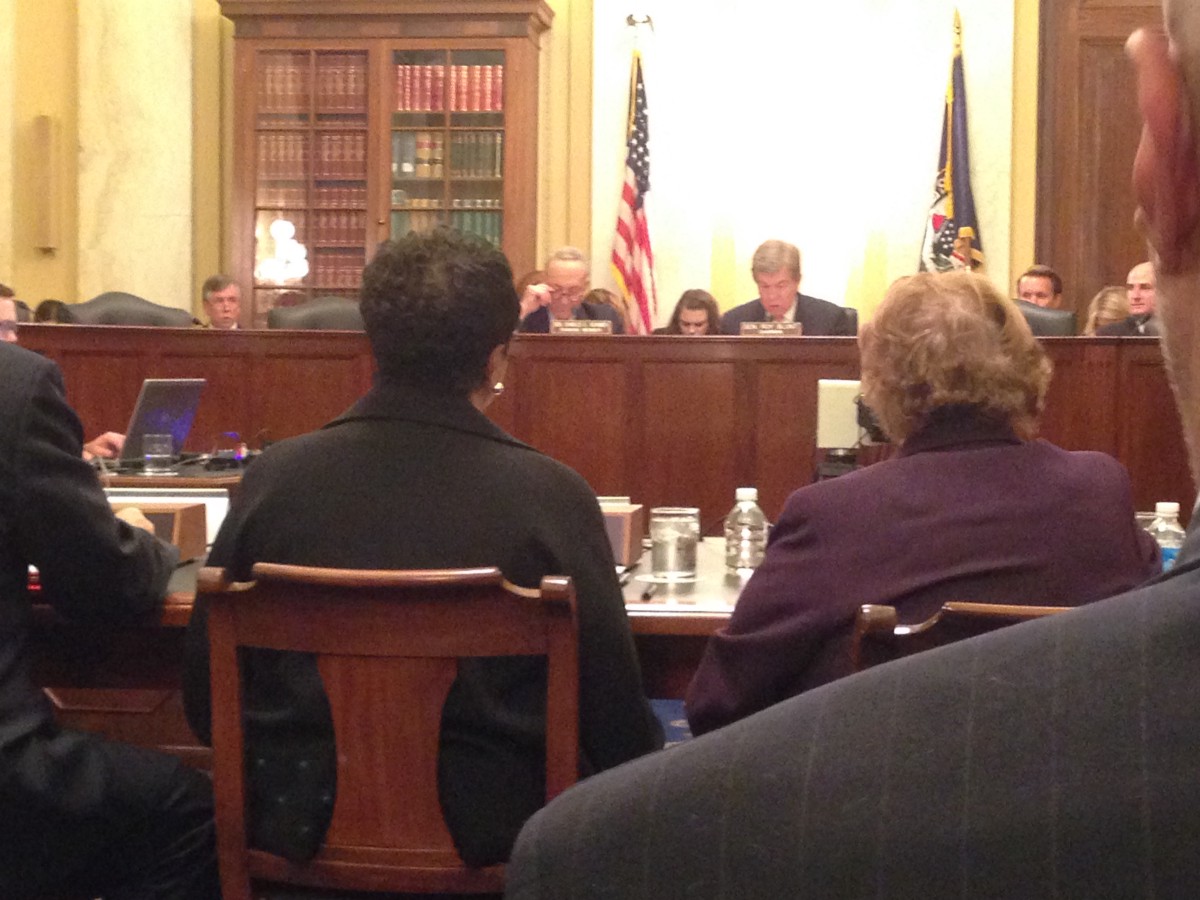I first started working for Congress as a senate intern in September 2001. I was 23 years old and had no experience working on policy. I found myself responding to letters from constituents on issues that I’d never heard of previously. It was then that I first encountered the Congressional Research Service and its reports.
The Congressional Research Service, sometimes called Congress’ think-tank, provided introductory classes to orient interns on the service. It was fascinating to see all the different kinds of analysis performed by CRS — and there were rooms filled, just loaded with reports on every issue that you could imagine. CRS also provided classes on how Congress worked. It was a great way to learn.
I worked for Congress for the next year or so, eventually rising to become a (very) low-level staffer. Occasionally I spoke with analysts, but generally speaking the reports often were enough. CRS emphasized that its advice was non-partisan and even-handed. When I left, I did what many departing staff did, and took an armful of reports with me. Continue reading “Why I Came To Believe CRS Reports Should be Publicly Available (and Built a Website to Make it Happen)” →

